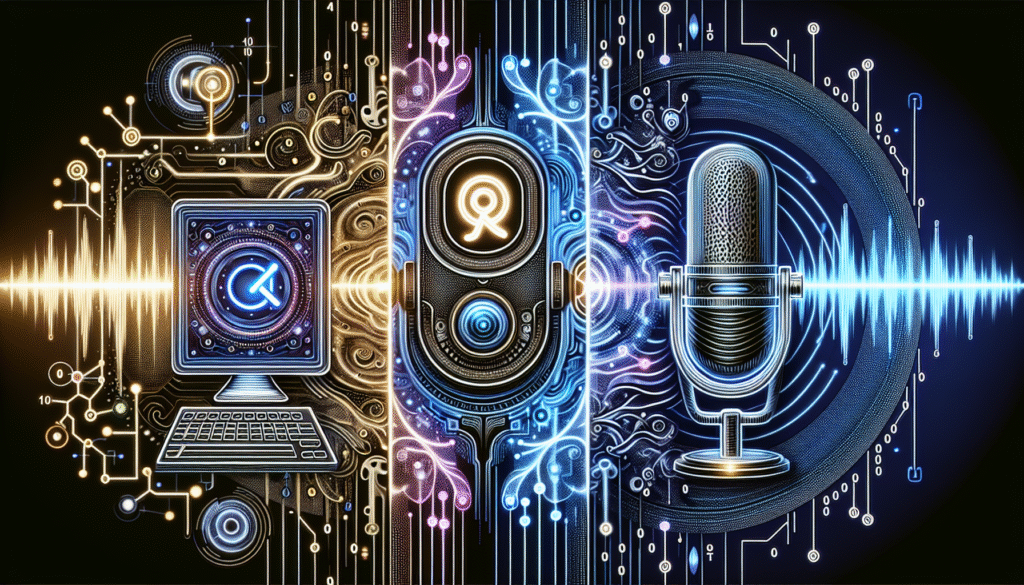AI chat and voice agents are two key innovations at the forefront of modern customer engagement and digital communication. Both utilize artificial intelligence to simulate human-like conversations, but they differ in how they interact with users—text-based vs. voice-based—and in their applications across industries.

AI Chat Agents
AI chat agents, also known as virtual assistants or chatbots, are software applications designed to engage in real-time text-based conversations with users. They are commonly integrated into websites, mobile apps, and messaging platforms like WhatsApp, Facebook Messenger, or Slack. These agents use natural language processing (NLP) and machine learning (ML) to understand user inputs and respond accurately and conversationally.
Core Capabilities of AI Chat Agents
- Answering frequently asked questions (FAQs)
- Guiding customers through product selection or troubleshooting
- Capturing leads and booking appointments
- Providing 24/7 customer support
- Automating business workflows like order tracking or internal ticketing
Some Use Cases
- E-commerce: Help shoppers find products and check order statuses
- Banking: Provide instant account balances or loan information
- Healthcare: Schedule appointments or offer symptom checking
- Education: Serve as virtual tutors or student support
AI Voice Agents
AI voice agents go a step further by interacting with users through spoken language. These systems are powered by speech recognition, voice synthesis (text-to-speech), and conversational AI technologies. You’ll find AI voice agents in call centers, smart speakers like Amazon Alexa and Google Assistant, and mobile apps.
Core Capabilities of AI Voice Agents
- Understanding and processing natural spoken language
- Conducting phone-based customer service interactions
- Assisting users with hands-free commands and tasks
- Integrating with backend systems to access personalized data
Use Cases
- Telecommunications: Automating customer service hotlines
- Hospitality: Voice-activated room service or concierge assistance
- Smart Homes: Controlling lights, thermostats, or security systems
- Healthcare: Voice-based patient monitoring and medication reminders
How They Work Together
Many businesses now deploy hybrid solutions that integrate both AI chat and voice agents to provide a seamless omnichannel experience. For instance, a user might start a conversation via text on a website and continue via voice on a mobile app, with the context carried over between platforms.
Benefits of AI Chat and Voice Agents
- Scalability: Handle thousands of interactions simultaneously
- Cost Efficiency: Reduce the need for live human support
- Availability: Provide 24/7 service without delays
- Consistency: Ensure accurate, standardized communication
- Personalization: Leverage user data to tailor responses
As AI continues to evolve, both chat and voice agents are becoming more intuitive, human-like, and capable of handling increasingly complex interactions. They are not just tools—they are becoming integral to how businesses scale support, drive sales, and improve user experiences.

